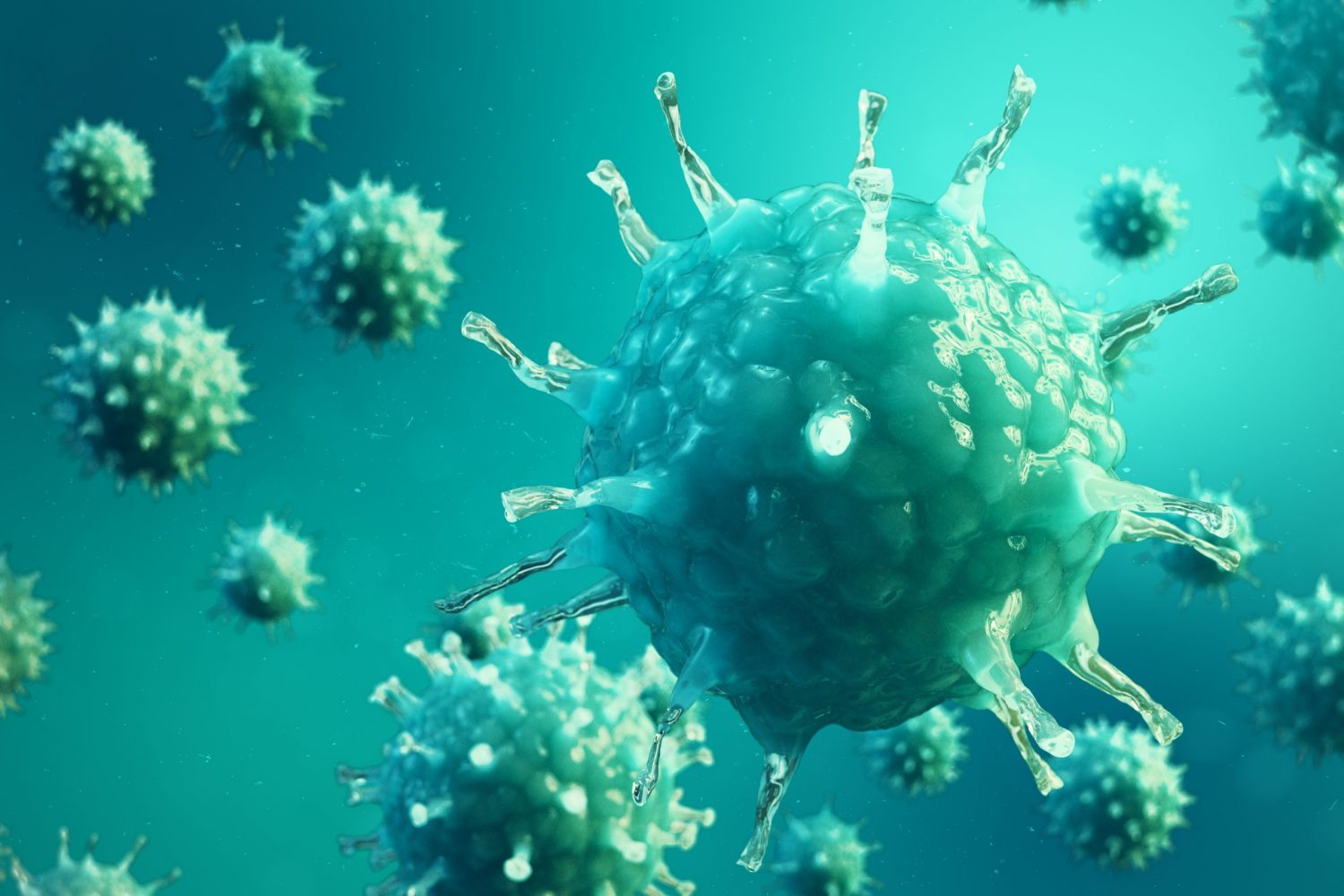COVID-19: Killing the Coronavirus Before it Kills You

Two days ago, I witnessed how a mom sprayed bottled disinfectant on her daughter (and her bag) whom she came to pickup at the Dallas-Fort Worth International Airport before she allowed her into her car. Yesterday on NPR’s coverage of the coronavirus pandemic a caller explained how he picks up his postal mails with gloved hands and safely stores them in a bag for two days to kill the virus before he opens them. The question is: do these actions work? Human coronaviruses can remain infectious on inanimate surfaces at room temperature for up to 9 days, surfaces like tabletops, couches, clothing and utensils. The 2019 novel coronavirus (SARS-CoV-2) survived for 72 hours on plastic, 48 hours on stainless steel and barely 4 hours on copper surfaces. Based on studies on other similar viruses, we are picking up a significant amount of the coronavirus every time we come into contact with these surfaces, especially given the fact that we touch our skin, mouth, nose and eyes several times an hour. Also, a temperature of 86°F (30°C) significantly decreased the viability of the coronavirus on the tested materials. Researchers also found that rubbing alcohol-based (70%), hydrogen peroxide (0.5%) and bleach (0.1% sodium hypochlorite) killed the coronavirus within 1 minute. A similar coronavirus, SARS-CoV, that caused the 2003 SARS epidemic which also originated in China, has been shown to be deactivated by acid and alkaline as well as ultraviolet light (UVC) light under specific laboratory conditions. Let’s hope summer brings relief.
Articles reviewed for this post:


